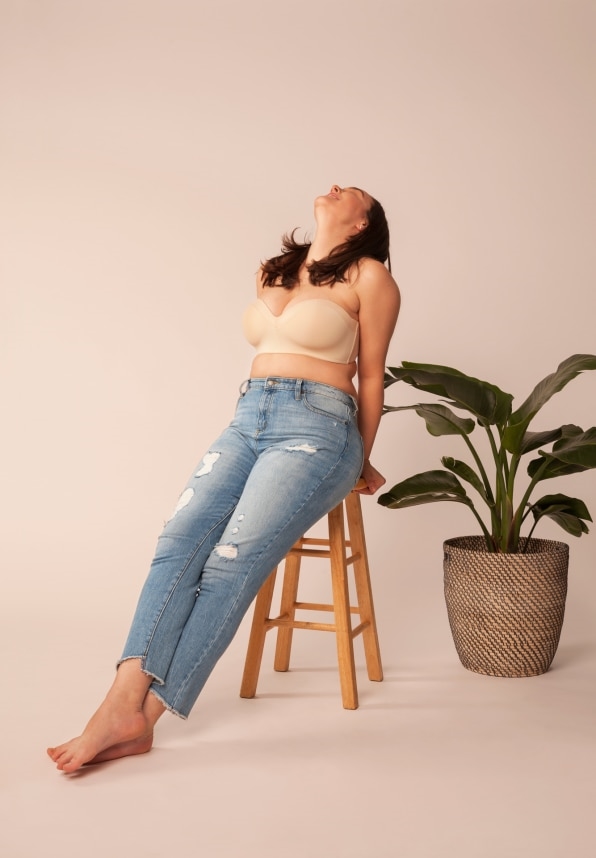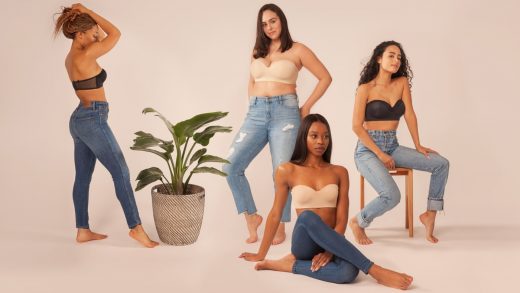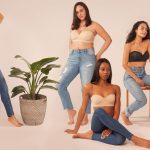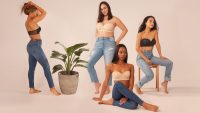Post-#MeToo, this lingerie startup finds customers prefer images of real women
Victoria’s Secret’s diamond-studded bras seem to be losing their luster in the #MeToo era.
Just ask Michelle Cordeiro Grant, a former Victoria’s Secret executive, who launched her own lingerie startup, Lively, in 2016. From the start, she has built her brand very differently from her former company. Rather than using top supermodels, she wanted to make real women the face of Lively. From the start, she has featured Lively’s loyal fans on the company’s homepage wearing its latest products, instead of professional models.
There was only one problem: Her data showed that customers were less likely to click through to purchase an item when a curvy, normally proportioned woman was shown wearing it.
Two years later, that dynamic has flipped. Today Grant says that customers are far more likely to buy products spotlighted by members of the Lively community. She says she began to see the switch as the #MeToo movement gathered steam, uncovering sexual harassment and gender discrimination in virtually every corner of society. “The Me Too movement started so many conversations,” she says, referring to discussions ranging from sexual discrimination and abuse, to the portrayal of women in the media, to the way models are treated. “I think this has changed the female consumer’s relationship with the images she sees online every day.” Her theory is that her customers are less compelled by artificial images of models with conventionally beautiful bodies coyly making eye contact with the camera, and are more interested in seeing women who look like them.

Grant says she left Victoria’s Secret because she felt the brand was losing touch with its core customer by sticking so closely to its original playbook of selling underwear by selling sexualized–often vaguely pornographic–images of women. Take its annual fashion show, a high-profile event that it has been hosting since the 1990s. Viewers expect supermodels in multimillion-dollar diamond-studded bras and angels’ wings to walk down the runway, and the show never disappoints.
The brand’s iconography suggests that the thing women care about most in their underwear is how sexy they look in it, which Grant thinks is flatly untrue. “They want to be comfortable so they can go out there and do amazing things with their lives,” she says. This, in her view, is “what most empowered millennial women are thinking about when they put on their bra in the morning.”

Victoria’s Secret has dominated the market for years. But there’s some evidence that the #MeToo movement may be actively harming the lingerie giant. Data from YouGov’s BrandIndex shows that positive sentiment toward Victoria’s Secret among women ages 18–49 has plummeted since 2016, and fewer women say they’re buying from the brand now compared with five years ago. Sales are likewise declining at parent company, L Brands, earning Victoria’s Secret the title, “Sears of Brassieres.”
Grant sees this as evidence that she’s on the right track. That’s why you’ll still find women of different body types and ethnicities on Lively’s website today—all of them actual members of the community the brand has built. “Female consumers seem to be mentally transitioning to wanting images of real women,” says Grant, “not someone’s fantasy of what a woman should look like.”
(31)







